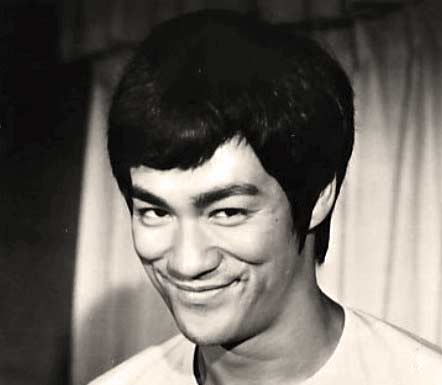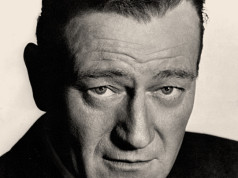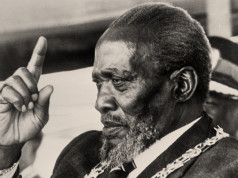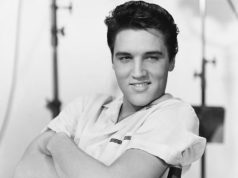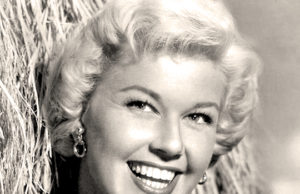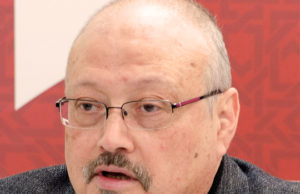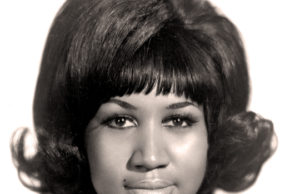National General Pictures / Wikimedia Commons / CC-BY-SA-3.0 / GFDL
Bruce Lee
(Martial Arts Expert)
27 November 1940 – 20 July 1973 (Aged 32)
Lee was a legendary Hong Kong-American martial artist and actor who founded the system known as Jeet Kune Do.
Considered the most influential martial artist in history, Lee became an iconic figure starring in films such as Fist of Fury, The Chinese Connection and Enter the Dragon, dying just before its’ release.
Tragically, Lee died at the age of 32 from cerebral edema, determined to have been a reaction to a painkiller he had taken.
J.R.R. Tolkien
(Author)
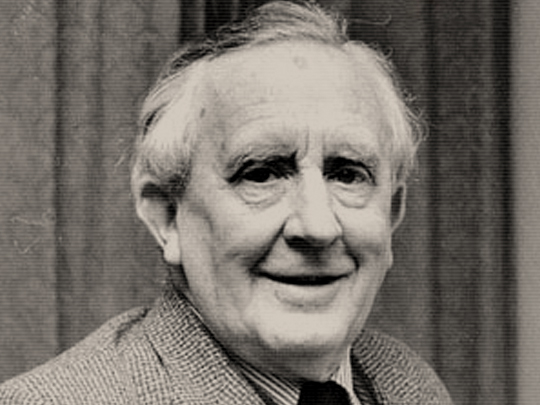
3 January 1892 – 2 September 1973 (Aged 81)
Tolkien was a South African-born English fantasy writer famed for creating the world of Middle Earth in which he set The Hobbit and The Lord of the Rings trilogy.
He also wrote The Silmarillion which takes place in the wider universe of the same world.
The world Tolkien created has captured the imagination of millions of people around the world, making his Lord of the Rings trilogy among the best-selling books in the world.
After being married for 55 years, Tolkien died two years after the death of his wife, Edith.
Pablo Picasso
(Artist)
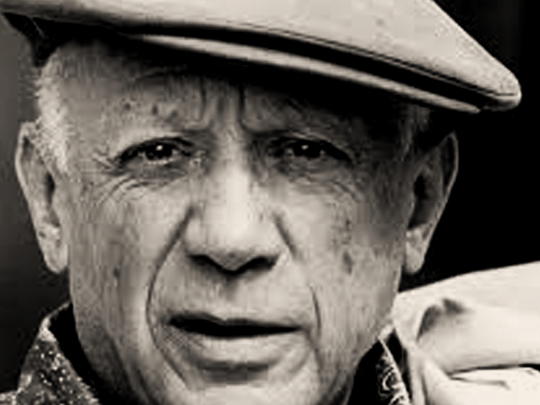
25 October 1881 – 8 April 1973 (Aged 91)
Picasso was a hugely influential Spanish painter regarded as one of the greatest artists of the 20th century.
He was responsible for co-founding the Cubist movement along with Georges Braque.
From the time he reached his teenage years until his death, Picasso remained a prolific painter creating an immense body of work.
Among his most famous works are considered to be ‘Guernica’, ‘The Old Guitarist’, and ‘The Three Musicians’.
Picasso was a renowned womanizer, marrying twice during his life, and he died while having dinner with his second wife, Jaqueline Roque, and their friends.
Salvador Allende
(Chilean President)
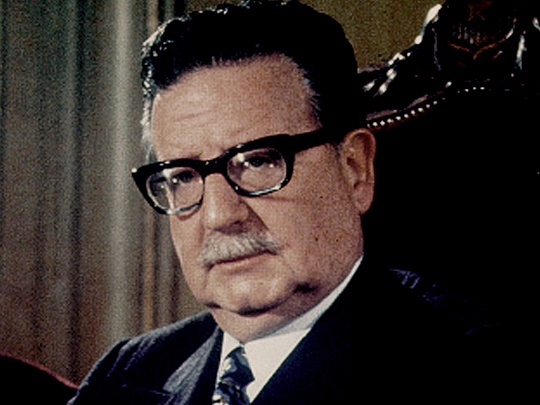
26 June 1908 – 11 September 1973 (Aged 65)
Allende was the first democratically elected socialist president of Chile and in all of South America.
After less than three years in office, the Chilean military, assisted by the CIA, overthrew Allende in a coup d’état.
The coup took place on September 11, 1973, with Allende giving a speech on Chilean radio vowing not to resign.
However, with troops surrounding the presidential palace, he shot and killed himself.
Lyndon B. Johnson
(U.S. President)
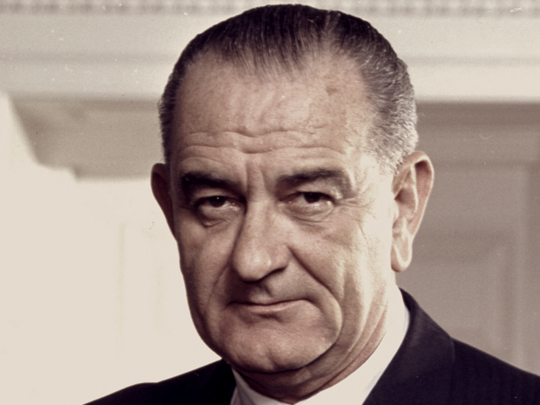
27 August 1908 – 22 January 1973 (Aged 64)
Johnson became the 36th President of the United States on the day John F. Kennedy was assassinated.
He was sworn in on Air Force One before it left the runway in Dallas, Texas.
During his presidency, Johnson signed the historic Civil Rights Act and pursued a “Great Society” through a series of domestic programs to improve education, healthcare, public services, and also waged a war on poverty within the country.
Johnson’s escalation of American involvement in the Vietnam War proved hugely controversial and ultimately led to his defeat when running for the Democratic renomination.
Following the end of his term in office in January 1969, Johnson returned to live on his ranch in Stonewall, Texas, where he died of a heart attack at the age of 64.
David Ben-Gurion
(Israeli Prime Minister)
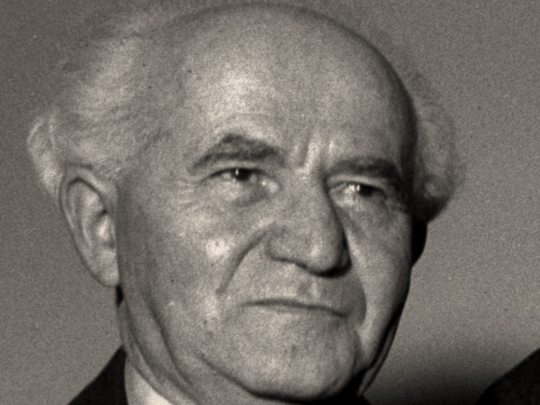
16 October 1886 – 1 December 1973 (Aged 87)
Ben-Gurion was a founder of the State of Israel and the first Prime Minister of the country.
On May 14, 1948, he became the first person to sign the Israeli Declaration of Independence.
A passionate Zionist throughout his life, Ben-Gurion served as prime minister, barring a two-year period, until June 1963.
At the end of 1956, he oversaw Israel’s invasion of Egypt, in what came to be known as the Suez Crisis.
After his time as prime minister, Ben-Gurion remained involved in politics until 1970.
His health deteriorated in his final years before he died after suffering a stroke at the age of 87.
John Ford
(Director)
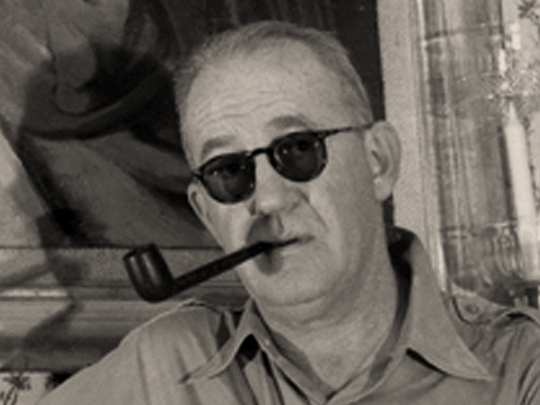
1 February 1894 – 31 August 1973 (Aged 79)
Ford was a hugely influential and prolific American film director, winning four Academy Awards for Best Director during his career.
Directing films such as The Man Who Shot Liberty Valance, Rio Grande, Fort Apache, and The Searchers saw Ford become a giant in the Western genre.
Ford also made hugely successful dramas such as The Quiet Man and How Green Was My Valley.
Decades of being a heavy drinker eventually took its toll on Ford’s health, which declined in his final years before dying at the age of 79.
Noel Coward
(Playwright)
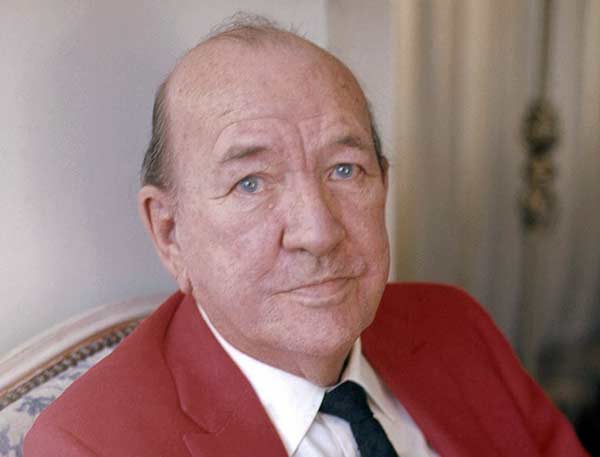
16 December 1899 – 26 March 1973 (Aged 73)
Coward was a British playwright, best known for his many popular comedies, such as Hay Fever, Private Lives, and Design for Living.
In 1943, Coward won an Academy Honorary Award for his naval film drama In Which We Serve.
Late in his life, Coward received a knighthood, before dying from heart failure at his home in Jamaica.
Pablo Neruda
(Poet)
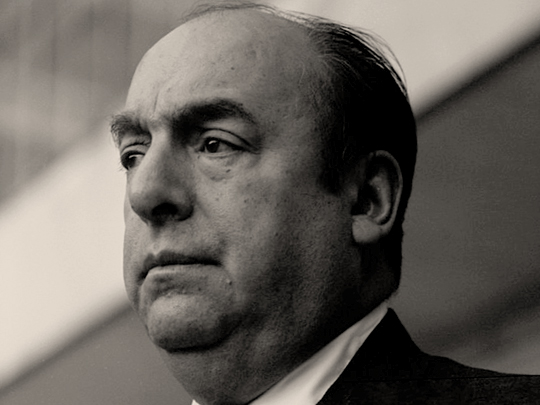
12 July 1904 – 23 September 1973 (Aged 69)
Neruda was a renowned Chilean poet who won the 1971 Nobel Prize for Literature.
He is considered one of the most influential poets of the 20th century.
An outspoken supporter of communism, Neruda was an advisor to Chile’s socialist president, Salvador Allende.
During the 1973 coup d’état in Chile, Neruda had been hospitalized with prostate cancer.
Neruda died shortly after from apparent heart failure, though there have been suspicions he may have been poisoned, no hard evidence has come to light since.
Frank Costello
(Mob Boss)
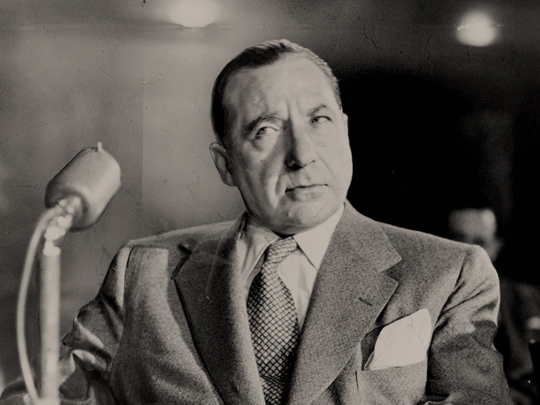
18 February 1891 – 18 February 1973 (Aged 82)
Costello was a renowned mafia boss, who earned the nickname “The Prime Minister” as he became one of the most influential crime bosses in American history.
Born in Calabria, Italy, before moving to New York at the age of 4, Costello rose from petty crime to eventually lead the Luciano (later Genovese) crime family in 1936.
Costello had considerable political influence, as well as controlling a gambling empire across the United States.
In 1957, Costello survived a hit by a member of his own crime family and stepped down as boss, before being imprisoned for contempt of a grand jury and serving four years in jail.
After his release in 1961, Costello was still called upon for advice by his old associates until his death from a heart attack in 1973.
Costello is thought to have been one of the key influences for the character of Don Vito Corleone in The Godfather.


